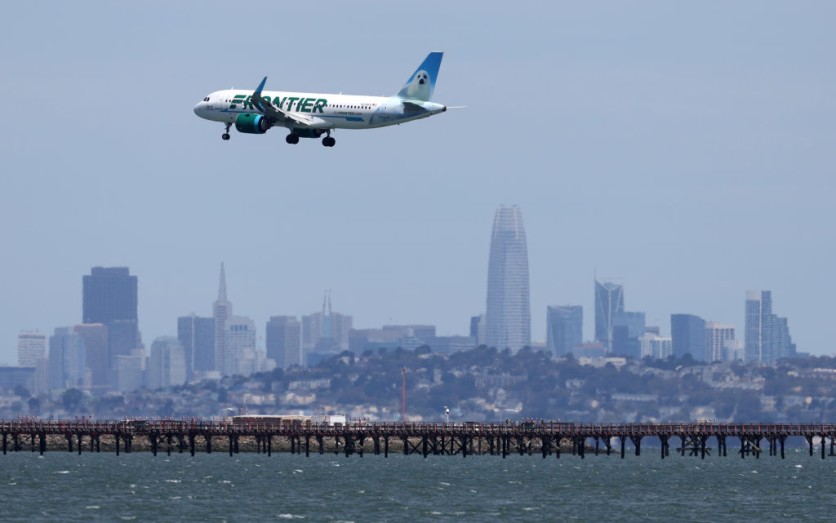
Frontier Airlines, in an unprecedented attempt to save expenses, recently declared that it would no longer provide direct human-to-human customer service as it transitioned to digital operations.
This innovation, and the technology that now powers online bookings, was developed to improve the consumer experience while cutting costs.
Embracing Digital Support
In a Forbes report, Frontier Airlines' decision to go digital is almost the same as what Northwest Airlines (later merged with Delta) did in 1999 when it introduced online check-in. The only difference is the ability of a live agent connection when a customer does not want to use the self-service options.
As for Frontier, there is no other option. The airline will be using digital aids.
To get in touch with them outside the self-service alternatives available on the website or mobile app, you may utilize chat, email, or a written complaint sent through the website. Real-time talking may provide a satisfying experience, but it will be handled by an artificial intelligence (AI) and not a human.
Apparently, sending an email or letter might take too long to handle an urgent issue, such as rebooking a ticket at the last minute.
One Move to Cut Expenses
Frontier Airlines is a budget airline based in Denver. Like any other business in almost every other sector, it also faces intense competition, increased costs in nearly every operational area, and a challenging economic environment. All of these have led to a search for ways to reduce operating expenditures.
Frontier's elimination of human telephone help is one of the areas where customers may notice a decrease in service initially.
If a customer has all the necessary information on hand and the system is straightforward, they may prefer using it rather than waiting on hold for a live agent to reschedule or cancel a flight, file a lost-luggage claim, and do other related tasks. In one customer service analysis, the telephone remains the most popular choice for clients who need to reach out with a question, concern, or complaint.
It has been controversial and criticized by both customers and staff after Frontier's decision to end human-to-human customer care.
The company's leadership has justified its action by citing the necessity to reduce overhead to maintain competitiveness. There is a promise of human contact at some point, but in the meanwhile, customers must use the available digital channels to try to get through.
Autonomous customer care kiosks may help the airline save money and boost productivity, but they clearly annoy consumers and negatively affect staff.
The primary issue is that the transition to solely digital or self-service assistance is still in its early stages. In the realms of customer service and assistance, it will be some time before technology fully replaces human interaction.
No doubt that maintaining positive relationships with both clients and staff is equally crucial to the success of your business.

ⓒ 2026 TECHTIMES.com All rights reserved. Do not reproduce without permission.




